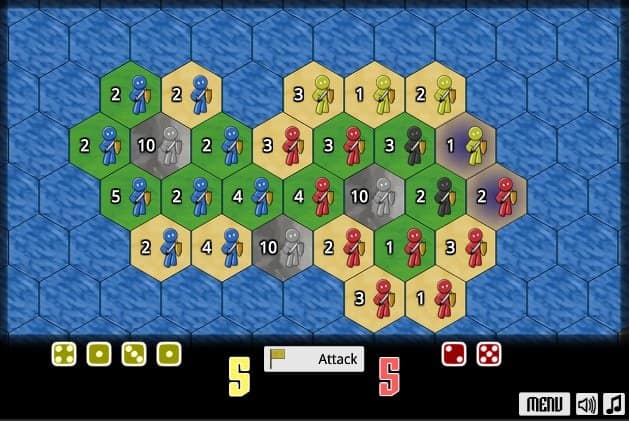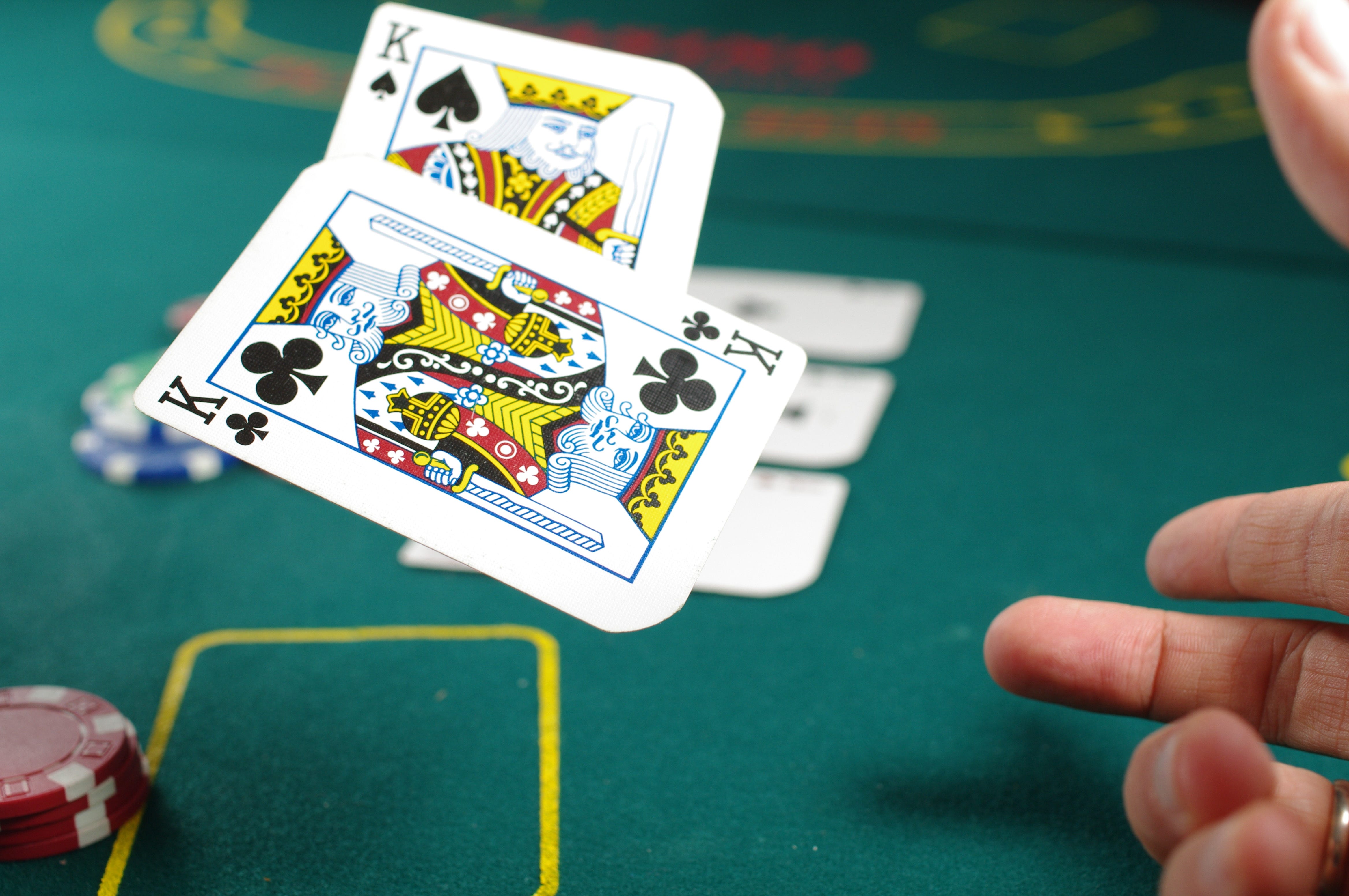Poker Patience Strategy
Poker Tournament Skill Levels Elijah Child - November 15, 2017 0 The 'patience factor' of any tournament is a measure of tournament 'speed' that can be used to determine optimal tournament strategy and compare tournament. The Best Full Ring Poker Strategy in the World is Patience The last point that I want to make about full ring poker strategy is that it requires an incredible amount of patience at times. In fact I would go so far as to say that if you aren't a patient person, then I wouldn't even bother playing this format.
My poker-playing cousin and his buddy were in town for the high holidays. So after the break-fast following Yom Kippur services we headed down to Foxwoods. What better way to start the Jewish New Year than with a playing session?
My cousin, who is a very successful professional poker player (in spite of his tender years) was filling me in on his daring-do – including his recent world tour to Spain, Thailand, Japan, and Netherlands. He described the hugely raked games of Amsterdam and Barcelona – and how they were still profitable to the good player because of the many fish in the games. He whetted my appetite.
He also talked extensively about the finer points of no-limit hold'em strategy. But I must confess, by the time he was done explaining 'floating,' 'flop texture' and how to 'fire the second barrel,' I was glad to be a successful stud player. How did he master all of this so quickly, I marveled?
When we arrived, my cousin went to a $2/5 no-limit game; his friend went to a $1/2 no-limit game, and I sat in a $20/40 must-move stud game. There were five $20/40 stud games going when I sat down – three must-moves and two regular games. I was seated at a table that I quickly realized was quite wild and loose. I prefer the more passive sedate game – where I can choose when to be aggressive. There was one exactly to my liking just one table over. Normally I'd just move over when a seat opened up – by asking the floor for a table change. This wasn't possible, however. For some reason the floor had decided to have a must-move, a must-move to that must-move, and a must move to that must-move. So I had to wait for the seven guys at my table to move over or get up, and then follow the same lengthy process for the next table and the final must-move table.
In short, I was stuck at a wild, loose table – and had to adjust.
There is the strong temptation to go blow-for-blow with the wild players. There are enormous pots, after all, being pushed across the table from one loose guy to another. In a $20/40 game these can be pots of $600 or more. 'Maybe I should start playing garbage like they do,' you might think. It is tempting.
And there is something to be said for loosening up your play, to be sure. If you are prepared for the larger swings of this game, then you should be entering some pots you wouldn't play in a typical, tighter game, especially pots that aren't raised more than a single bet, with big draws. So, for example, if your small pair and connected kicker is live, you might call a completion if you think the pot is going to be four-way – even though you would normally fold that hand in a tighter game that would be likely to be heads up. Similarly, if you have a concealed ace and king, especially if they are suited and completely live, you might take a shot that you'll hit a king or an ace or a suited card on fourth.
For those of you who tend to be particularly risk-averse, you can follow a different tack. You can just tighten up and wait for super strong hands, hoping that the loose players won't tighten up when you enter the pot. They may, you know. Though they tend to be loose, in a $20/40 game they still may be aware enough to notice that you're a rock – and thus refuse to give you action.


Me, I tend to play it in the middle. I take my recent action into consideration. If I have been silent for a while, I'll push the limits of playable hands somewhat – entering for a call with two or three big cards or a small pair with a small kicker. Or I'll become more aggressive with middling hands early on – if only to show that I am not a rock.
I've found that the old adage 'You must give action to get action' often holds true against these players. While in the lower stakes games like $1-5 spread-limit or $5/10, I can play very tightly and still get action when I hit a good hand, I find that at $20/40, if I am too tight, I'll win nothing when I finally hit something worth playing.
That being said, I don't go crazy. If a hand is raised and re-raised, or if someone plays back at me aggressively, after I am aggressive, I tend to slow down. I do not become a maniac just because I'm playing against them.
The other night was no exception. For three hours I was dealt terrible cards. Though I pushed them occasionally, to show that I wasn't a rock, none of the hands were strong enough to win. I either conceded or lost 120 hands in a row (with the exception of one uncontested pot I won on third street). At the end of three hours I was down almost $600.
It was 1:00 AM. I was ready to pack it in. 'It could have been much worse,' I said to myself. 'Had I been less careful and skillful I might be down $2,000.' I elected to play one final hand before leaving. It was worth remembering, so I'll recount it for you here.
I was dealt ( ) . The player to my left showed a . The bring-in was to my right. I raised him to $20. The jack, held by a very loose and aggressive player re-raised me. He had seen me fold a few times when I was re-raised. Two players called the jack, including the bring-in. One player folded a jack.
My thinking at this point was that I was probably behind. But the two callers almost surely didn't have me beaten. They would have made it three bets if they had better than the pair of jacks that my raising opponent was representing. More likely they had a single ace or king in the hole or some suited or connected cards. I figured that I was probably in second place, behind a pair of jacks, but that I might be in the lead if he held a concealed pair, suited or connected cards, or an ace or king (or both) in the hole. I figured that I was getting sufficient pot odds to call, given that there were five cards (the three remaining queens and two tens) that would be likely to put me ahead. My hearts were also live. With the other players in, and with my ability to get away from my hand if anyone obviously improved or if my hand went south, I decided to call.
Poker Patience Strategy Definition
Fourth street offered no help to anyone, though I caught the unlikely and very helpful , giving me three to a straight flush. Another player caught a king. He was high and checked. I guessed that he didn't have another king in the hole – he would have bet – and was probably playing for a flush. The next player checked as well. I noted that two of my suit had been folded and a king was out, but there were no eights or nines that had been folded. And my tens were still very much alive. The jack bet.
Poker Patience Strategy Definition
The two other players each called along for the $20. This was very good – giving me an enormous pot to draw for – if I was behind a pair of jacks. Neither of the other two hands were representing anything better than what I held. One of my opponents' cards was just killed by me, hitting a jack as I did. So I was sitting pretty. I was drawing, to be sure. But still, I liked my chances.
On fifth street I hit a fourth connected card – a 9, giving me 9-10-J-Q. On sixth street I hit a fourth suited card. The king checked fifth and the jack bet. We both called. Similarly sixth street. I didn't get tricky and raise on a draw. I knew I needed to hit my hand to win. I wasn't going to win the pot on a bet but on a showdown.

On the river I was drawing to a live four-flush and four-straight and to my pair of tens. I could make a hand that could beat jacks up by hitting one of three queens, two tens, four eights or three kings or five remaining hearts. That's 14 outs for those of you keeping score. Considering all of the exposed cards, that gave me 14 out of 31 remaining unseen cards. I figured that I had a better than 40% chance of winning the hand. There was the chance that I would hit one of those hands and still not win, but I balanced it with the chance that my naked tens themselves still might eek out a victory – if the player with the exposed jack was overplaying his hand. The pot had over thirteen big bets in it.
On the river I hit a third ten. The exposed king checked. I bet $40. The player with the jack thought a long time and reluctantly called. The third player folded. I revealed my trips, my opponent conceded without showing his hand, and took in a huge pot – over $600.
One hand is surely not sufficient to prove the worthiness of any particular strategy. This hand, though, illustrates my point of loosening, at least somewhat, without going crazy in a wild and loose game. My patience paid off. Had I been reckless and wild, as the other players were and as my instincts sometimes propelled me to be, I surely would have ended my sessions considerably further behind. Similarly, had I refused to play any but premium starting hands, I would not have been able to take advantage of the enormously soft, passive, and loose play of my opponents.

Poker Patience Strategy Against
In poker, as in most things, it's often best to strike a balance.



